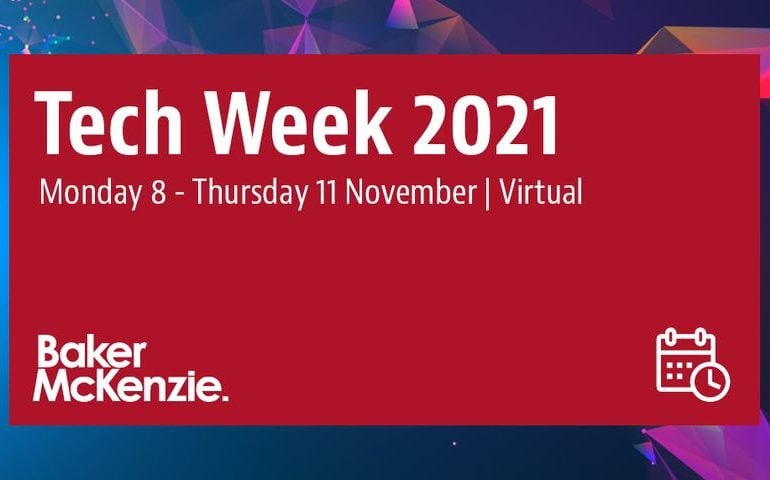In Brief The long-awaited EU AI Act was published in the Official Journal of the European Union today, 12 July 2024. The Act regulates activities across the AI lifecycle, as covered in more detail in our previous post, and the countdown for implementation has now started for companies developing or deploying AI technologies, with the Act entering into force 20 days after its publication on 1 August 2024. The Act as a whole is generally…
The EU AI Act was adopted by the European Parliament today and is expected to enter into force within a few months, with its first substantive provisions taking effect before the end of 2024. The EU AI Act applies across the AI lifecycle – from developers to deployers of AI technologies – and organisations across industries have been watching its progress closely. Now that it is finally approved, we set out below what’s next, and…
Whilst the EU’s AI Act has been grabbing all the headlines, the draft AI Convention has been flying under the radar. But not for much longer. The Convention, also sometimes called the ‘AI Treaty’, has been drafted by the Council of Europe. If adopted, it will be the first legally binding international convention on AI. The latest draft is not the final version, but contains text that is still subject to negotiation. We’ve set out…
Late in the evening on Friday 8 December in Brussels was a historic moment for AI regulation in Europe. After three days of extensive final debate the EU Parliament, Council and Commission finally announced provisional agreement on the EU AI Act, the bloc’s landmark legislation regulating development and use of AI in Europe. It is one of the world’s first comprehensive attempts to regulate the use of AI. The EU AI Act awaits formal adoption…
The Digital Services Act (DSA) imposes wide-ranging and transformative obligations on online intermediaries and platforms. As has been well-publicised over the last few months, the most onerous obligations, and tighter deadlines for compliance, fall on services designated by the Commission as very large online platforms (VLOPs) or very large online search engines (VLOSEs). However, all online platforms and online search engines were required to publish information on their user figures earlier this year, and all…
What rights does a consumer have to a digital product that they purchase? What control does an author have over their creative works? What obligations do others have to you when they use your data to develop new products? None of these questions are new, but the recent proliferation of artificial intelligence (AI) tools, particularly generative AI (GenAI) tools, has brought these questions to the forefront of ongoing conversations about the role that AI will…
The EU Commission proposed a new regulation called the Data Act. It contains extensive obligations for B2C, B2B and B2G data sharing, as well as rules requiring providers of cloud services to facilitate switching and interoperability between service providers. We’ve set out below our key takeaways.
While the legal industry has been a slow adopter of digital technologies, and traditional corners of the industry fiercely resist transformation, there is no doubt that there is a wealth of opportunity for the sector. For a minidocumentary on the subject, Digital Nation Australia spoke to Hilary Goodier, partner at Ashurst and co-head of the newlaw division, Ashurst Advance, Ben Allgrove, partner and chief innovation officer at Baker McKenzie, Erin Kanygin, co founder of legal…
Our annual Tech Seminar aims to keep you up to date on all the latest legal trends and new developments that need to be kept front of mind in 2022. The Tech Case Law Update 2021 Session recordingPresentation Tech M&A market trends Session recordingPresentation Data Protection Update: The practical impact of recent and future UK and EU developments Session recordingPresentation Beyond Ransomware: The future of cyber-attacks and how to prepare now Session recordingPresentation Is there…
Fostering employee trust is a critical component of any stakeholder governance framework focused on sustainable long-term business success. Increasing digitalization of workplace functions and emerging technologies require organizations fully to understand the risks and opportunities that this brings, particularly in relation to employee trust. We have recently published the sixth board paper in the Trust Continuum series: Leveraging Technology to Promote Employee Trust. This report examines the inherent value of employee trust to businesses, risks…









